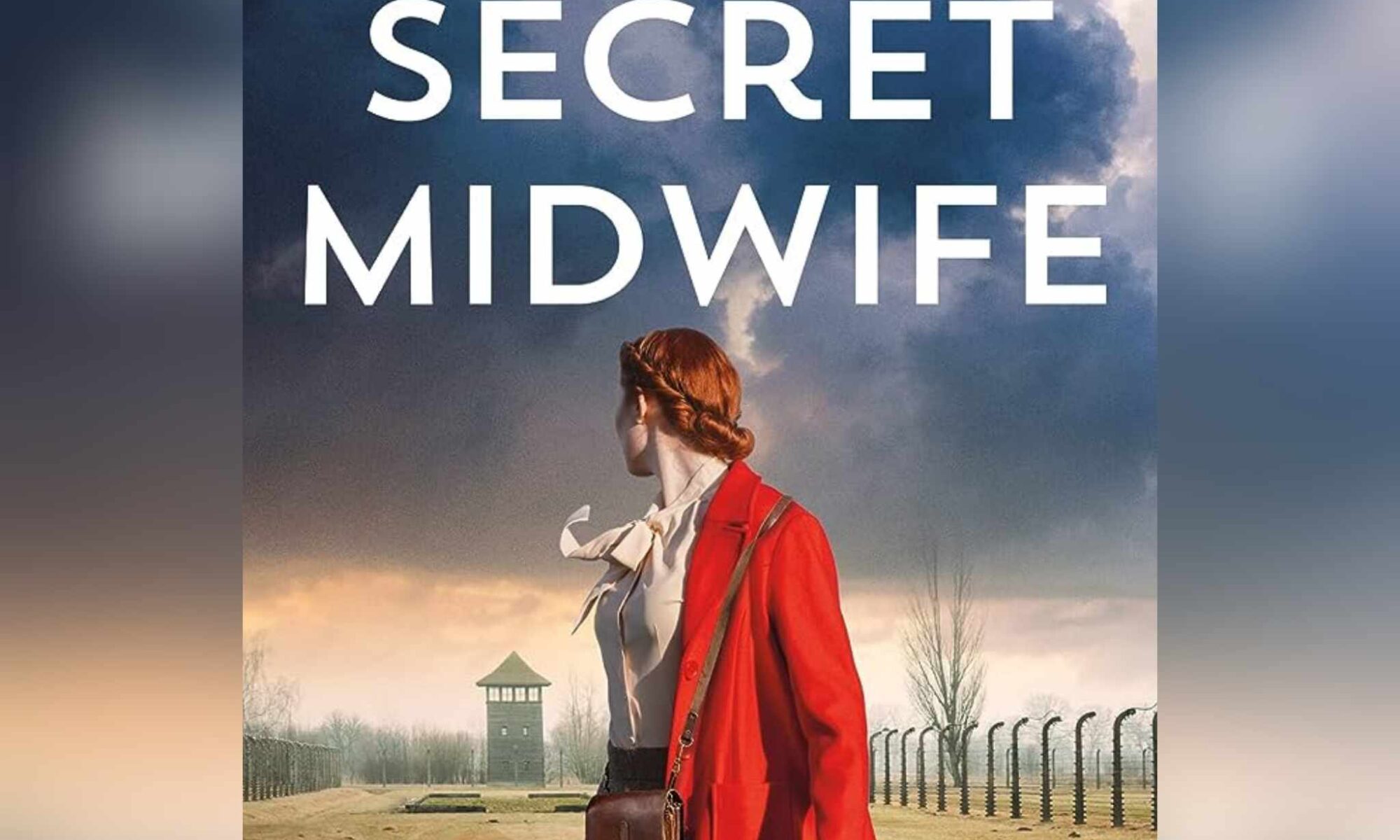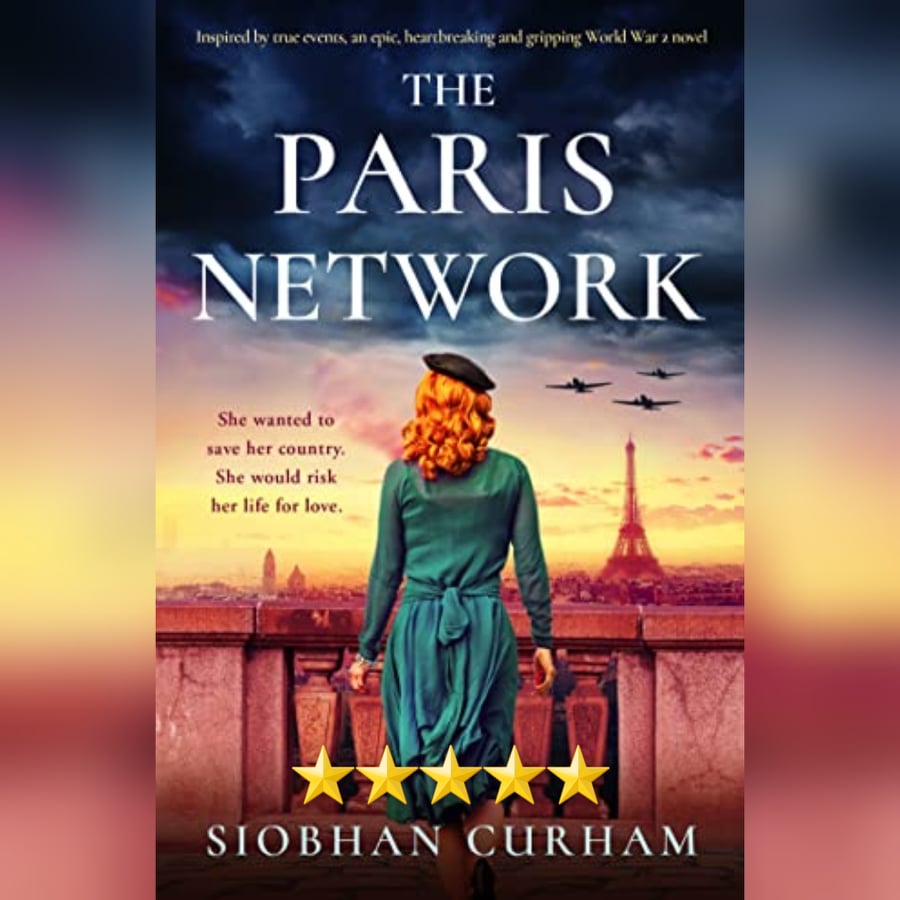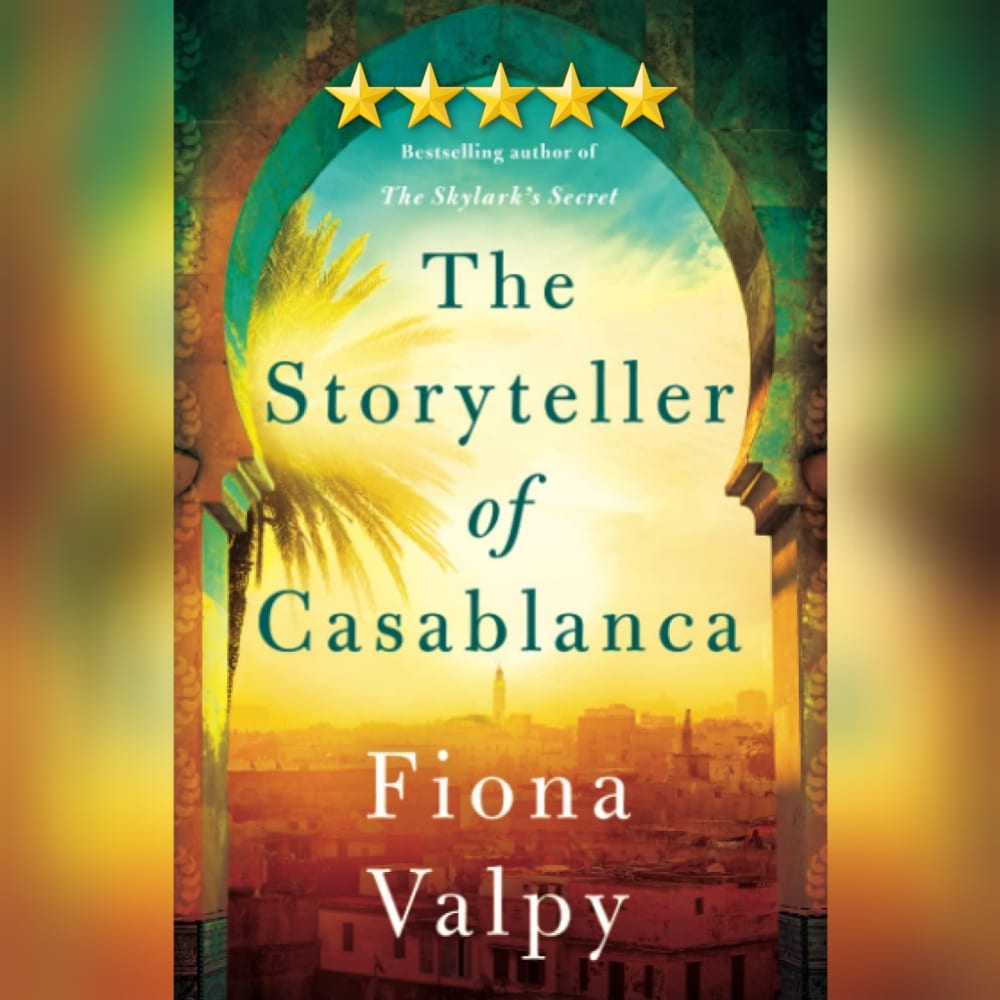Soraya Lane Takes On Auschwitz. How can you be a historical fiction writer who mostly focuses on the European theater of WWII… and *not*, at some point, do a story about Auschwitz? Well, the answer here is… you can’t, and this is Lane’s take on it.
Now, how can you be an amateur historian, with large amounts of knowledge about large amounts of things – and familial ties to the liberation of concentration camps during WWII to boot – and *want* to read a story about Auschwitz, knowing all too well the very real horrors there, among the worst humanity has ever inflicted upon humanity? (Arguably worse than the Imperial Japanese military’s Unit 731 in overall scale, though it seems that Unit 731 may have been even more horrific – if such a thing is possible.) My answer is… I didn’t and don’t, but I’ve read many of Lane’s books and trust *her*.
As it turns out, my trust is well placed. Lane manages to craft an Auschwitz tale that never shirks from discussing the horrors of that facility – while never showing them in brutal, sadistic detail the way an author with a more horror-genre nature might. Instead, Lane takes a page from Titanic (and a school assignment I once had that I’m fairly certain predates that movie, and which I’m coming to realize ever more that I had really done the way I want to now as an adult when it was possible as a child) in creating a dual timeline (shocker, I know, for long time fans of Lane) tale of hope and survival against the most brutal and desolate backdrop possible in Europe during that particular period. Taking inspiration from a variety of real life people who really did a lot of the things Lane has her characters doing to help people survive, Lane manages to show the goodness of some people and the willingness to risk their own lives in order to do the right thing, even in the very heart of the place doing so many very wrong things. Indeed, even the Angel of Death, Josef Mengele is a recurring character throughout the tale – though to be clear, while always being clear about the horrors he was responsible for while never directly showing them “on screen”.
Longtime fans of Lane will note her usual stylings are completely in play here, as is her usual historical accuracy to a relatively high degree, while still taking the occasional artistic liberty where necessary to tell the story she is telling in the manner in which she wanted to tell it. Even here, the liberties are more subtle than jarring, almost to the point of being indetectable.
The horrors of Auschwitz in particular are some of the most well known brutalities of the Jewish Holocaust of WWII, at least in the West. (I’m told they still aren’t as well known in certain Eastern circles? But I have no real way of knowing, having never lived outside the southern US.) At on that level, perhaps some might argue that an author like Lane should instead pursue her “normal” focus and tell the *other*, far lesser known, stories. To that, I point out that among the first books I read from her was about perhaps *the* most famous event of WWII in the American zeitgeist at minimum (*arguably* more famous than even the events of D-Day nearly three years later), the Japanese attack on Pearl Harbor. In between these two well known events, Lane *has* been writing about lesser known events, indeed some that even this amateur historian had never heard of and had to learn about in more detail after reading one of Lane’s books. (Which I absolutely encourage all of her readers to do.) I also point out that just because a particular thing is well known, doesn’t mean it can’t or shouldn’t continue to be explored – even as I readily encourage exploration of the lesser known topics as well, which again = Lane also does.
Overall, this is an appropriately sober and stark tale about one of the darkest stories in all of WWII, while still shining a light on the very real lives women lived in the period and events in question and still showing the goodness of humanity and the light of hope even in the darkest of situations, as Lane tries to do in all of her tales. Very much recommended.
This review of The Secret Midwife by Soraya M. Lane was originally written on July 27, 2023.




